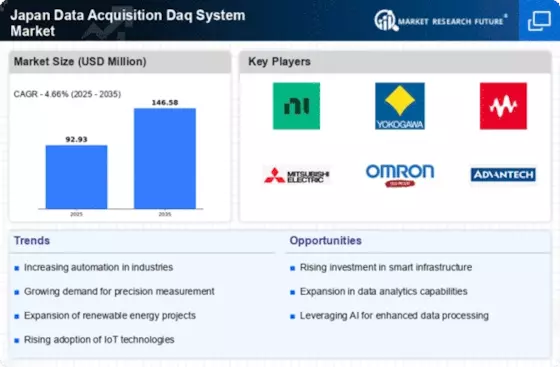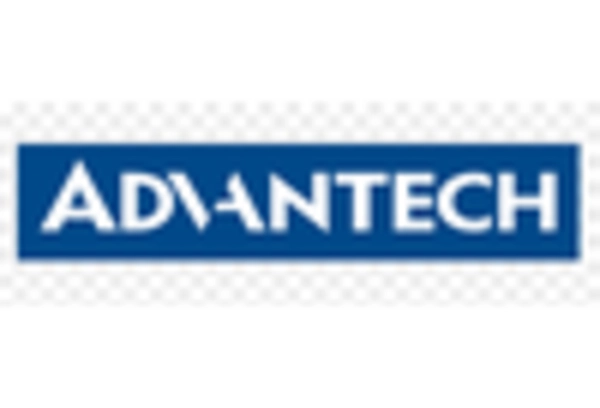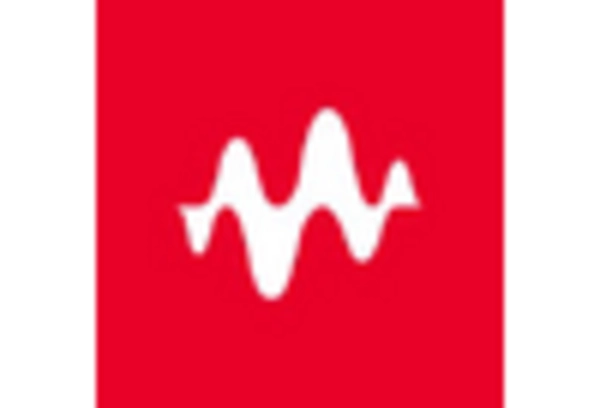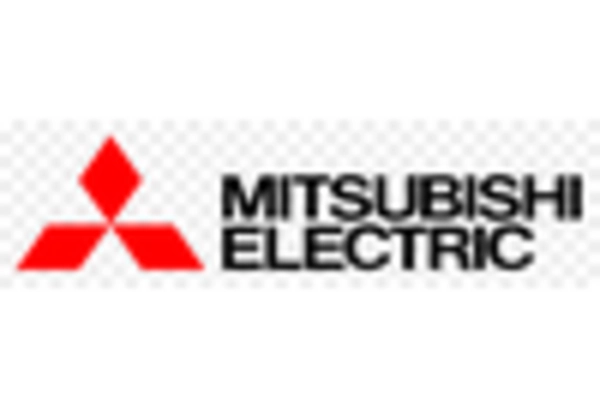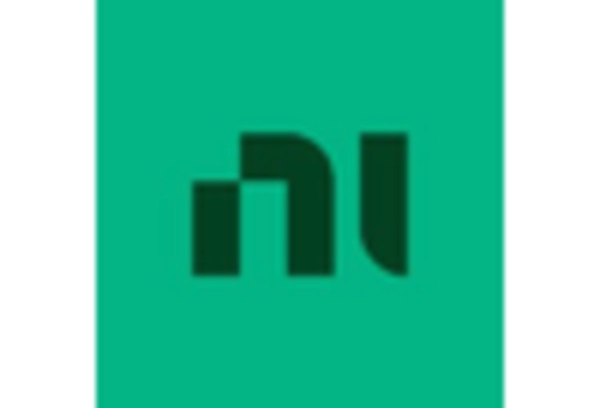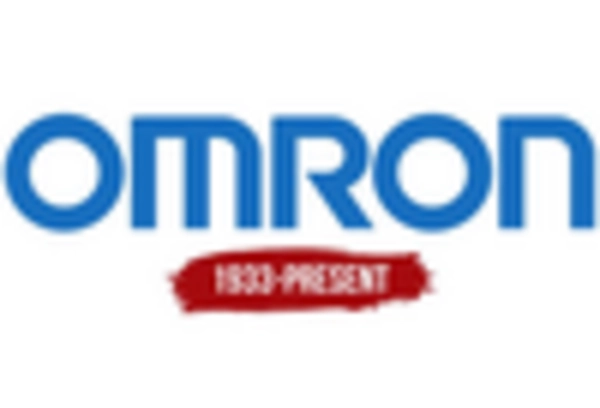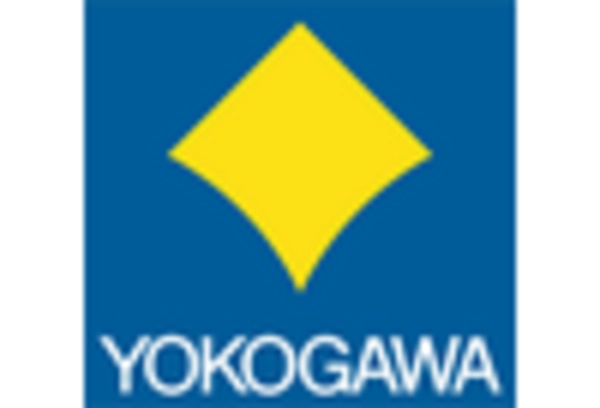Advancements in Sensor Technology
The Japan Data Acquisition Daq System Market is benefiting from rapid advancements in sensor technology. The development of more sophisticated and accurate sensors has enhanced the capabilities of data acquisition systems, allowing for more precise data collection across various applications. Industries such as healthcare, automotive, and manufacturing are increasingly utilizing these advanced sensors to gather critical data for analysis. The integration of Internet of Things (IoT) technology with data acquisition systems is also becoming more prevalent, enabling seamless data transmission and real-time monitoring. This trend is expected to drive the growth of the market, as organizations in Japan seek to leverage these technological advancements to improve operational efficiency and data accuracy.
Growing Environmental Regulations
The Japan Data Acquisition Daq System Market is being shaped by the increasing stringency of environmental regulations. As Japan continues to prioritize sustainability and environmental protection, industries are required to monitor their emissions and environmental impact more closely. Data acquisition systems are essential tools for compliance, allowing companies to collect and analyze environmental data effectively. The Japanese government has implemented various policies aimed at reducing carbon emissions, which may lead to a heightened demand for data acquisition systems that can facilitate environmental monitoring. This regulatory landscape is likely to create opportunities for growth within the market, as businesses seek to adopt technologies that ensure compliance and promote sustainability.
Increased Demand for Smart Manufacturing
The Japan Data Acquisition Daq System Market is experiencing a surge in demand due to the increasing adoption of smart manufacturing practices. As industries in Japan strive for greater efficiency and productivity, the integration of data acquisition systems becomes essential. These systems facilitate real-time monitoring and control of manufacturing processes, enabling companies to optimize operations. According to recent data, the smart manufacturing market in Japan is projected to grow at a compound annual growth rate (CAGR) of approximately 10% over the next five years. This growth is likely to drive the demand for advanced data acquisition systems, as manufacturers seek to leverage data analytics for improved decision-making and operational excellence.
Rising Focus on Research and Development
The Japan Data Acquisition Daq System Market is significantly influenced by the nation's strong emphasis on research and development (R&D). Japanese companies and research institutions are increasingly investing in R&D to innovate and enhance their technological capabilities. This trend is particularly evident in sectors such as automotive, aerospace, and electronics, where data acquisition systems play a crucial role in experimental setups and product testing. The government has also introduced various initiatives to support R&D activities, which may further bolster the demand for data acquisition systems. As a result, the market for these systems is expected to expand, driven by the need for precise data collection and analysis in cutting-edge research.
Increased Investment in Infrastructure Development
The Japan Data Acquisition Daq System Market is poised for growth due to increased investment in infrastructure development. The Japanese government has announced several initiatives aimed at modernizing and expanding infrastructure, including transportation, energy, and telecommunications. Data acquisition systems are integral to these projects, as they provide essential data for monitoring and managing infrastructure performance. The government's commitment to enhancing infrastructure is likely to create a favorable environment for the adoption of data acquisition systems. As a result, the market is expected to witness significant growth, driven by the need for reliable data collection and analysis in large-scale infrastructure projects.


